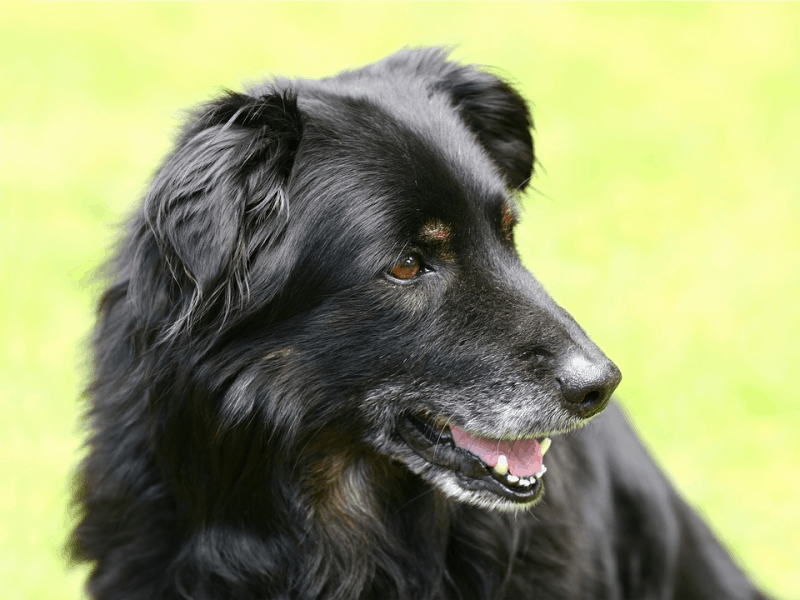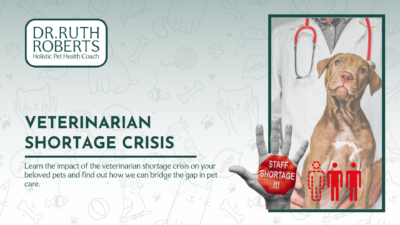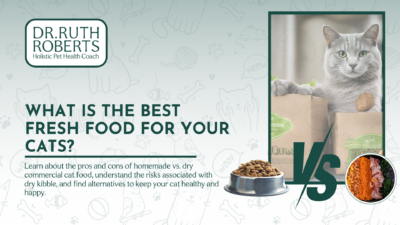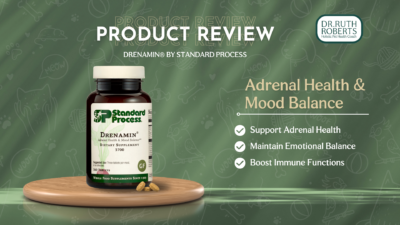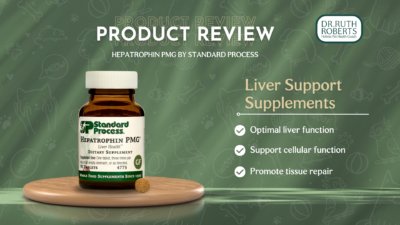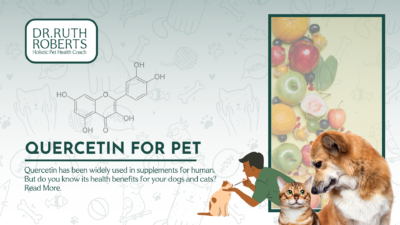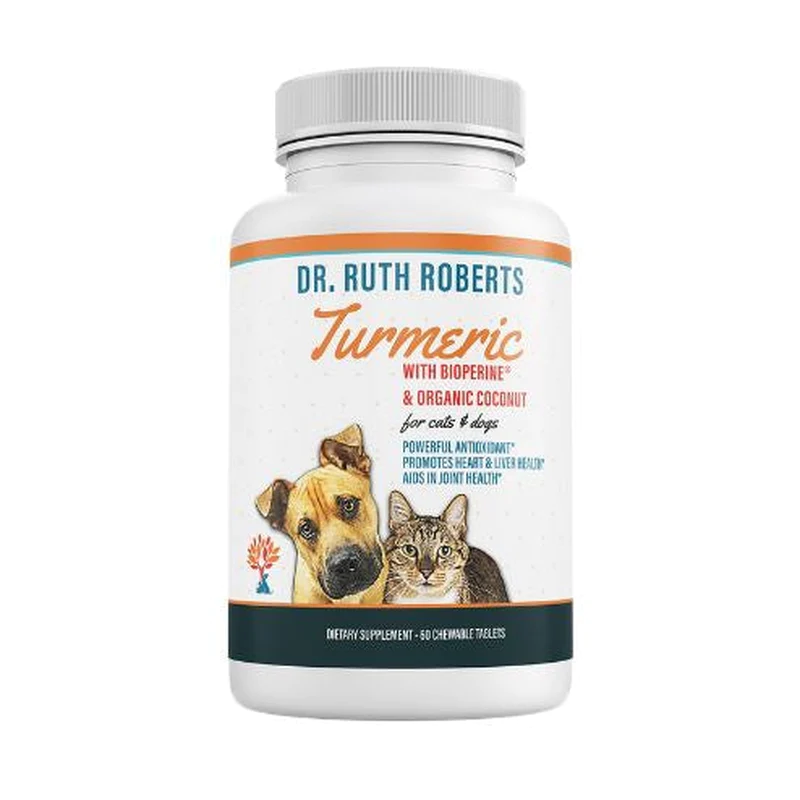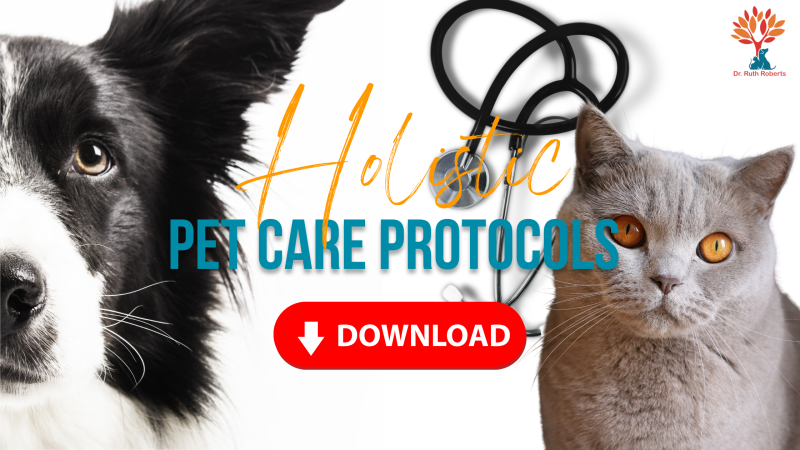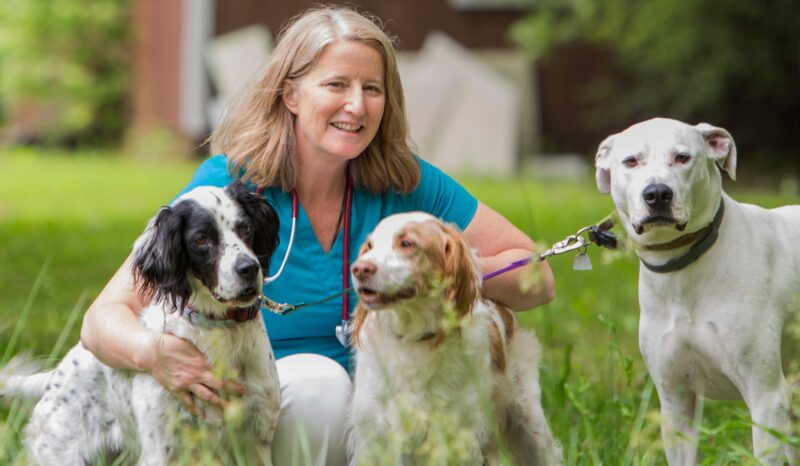
Recently, I’ve received several questions that are directly related to pet health concerns and injuries. As a pet parent myself, I know how scary it can be to see your furbaby get hurt or develop new health problems, especially if you have a senior pet.
The good news is that most of the health problems you’ve brought to my attention can be fixed or easily managed, allowing your furbaby to live a happy and healthy life.
For this week’s edition of “Ask the Vet,” I’ll be addressing pet incontinence, vaccinations, age-related regression problems, and more.
If your question doesn’t get answered on this specific blog. I will continue to answer your questions via blog post and Facebook video, so just hang tight–I promise I will get to it soon!
That’s being said, if you do have a pet health question that’s time sensitive or an emergency, please consult your regular vet so you can get your question answered immediately.
Now that we’ve got that covered, let’s move on and answer your questions on pet health concerns!
Question: In the last 6 months, my dog has developed urinary incontinence. She leaks usually when at rest or sleeping. I’ve had X-rays done to check for bladder stones (none found), her ability to concentrate urine checked (fine), and several urinalysis done (always clear). Since she’s only 3, I would like to find a different way to manage this than incontinence medicine, but I’m running out of options. What can I try?
This question is an important one to address, especially when a pet is dealing with incontinence at such a young age.
Typically pets, especially females, begin to struggle with incontinence during their senior years. It’s difficult enough managing pet incontinence for the last year or two of your pet’s life. But, when incontinence begins at such a young age, it makes life stressful and can take the joy out of being a pet parent.
Here’s my advice….
I’ve had some success using Standard Process’s Whole Body Support. This supplement provides your pet’s body with a solid nutritional foundation and will strengthen your dog’s bodily functions to help combat incontinence.
 I also recommend giving your dog a combination of Catalyn, Drenamin, and Symplex F. My assistant Jenna can send you information on an email consultation that would allow us to give you credentials for patient direct and give you dosing information. Please email her at drruthroberts@drruthroberts.com to get this information.
I also recommend giving your dog a combination of Catalyn, Drenamin, and Symplex F. My assistant Jenna can send you information on an email consultation that would allow us to give you credentials for patient direct and give you dosing information. Please email her at drruthroberts@drruthroberts.com to get this information.
Last, I advise that you look into acupuncture treatments for your dog. Acupuncture is proven to help with incontinence problems.
If you need to find a practitioner in your area, go to www.tcvm.com. They have a practitioner lookup that will help you start the search.
Question: I am curious about vaccination schedules for my cats. What are your thoughts on how often a cat needs the rhinotracheitis, calicivirus, and distemper combo & FeLV? I have 14 rescue cats that were dumped at my house. They go in & outside as they please.
First of all, thank you for being willing to care for so many kitties that need a home. It’s awful that they were dumped at your home, but I am glad to hear they now have a new home with you.
As for your question, a great resource for vaccine schedule information is the American
Association of Feline Practitioners for cats. For those of you that own dogs, you can also
use the American Animal Hospital Association for dogs.
In my personal opinion, a series of 2 upper respiratory vaccines are needed with the last one at 14-16 weeks. Feline leukemia for outdoor cats needs to be done on the same schedule. A Rabies vaccine is generally given in between the other vaccines somewhere between 12 and 16 weeks of age. It is recommended to booster all the vaccines at roughly 16-18 months of age, about a year after the last vaccines.
From there, there is a great deal of evidence that cats develop innate immunity against feline leukemia after about the age of 2, so unless you are in a very heavily infected community, it may not be necessary.
That’s your personal choice.
The duration for the upper respiratory vaccine is at least 5 years, and may often be for life. These must be given every 3 years, as the titers begin to drop after 4 years post-vaccination.
Good luck with all your furbabies!
Question: I have a 7 yr old English lab and an 8-year-old wolfhound mix. Since the lab reached maturity, he has randomly been grabbing my wolfhound and has been slamming him to the ground. It sounds horrid but injuries are rare and usually accidental(never an actual bite). The only predictable instance is if my wolfhound has a bath. They must be completely separated for at least 24 hours. The wolfhound is not at all dominate. The lab is otherwise non-aggressive but somewhat of a brat about destructive chewing and has been crated since age 5. What do I do?
That is certainly a scary thing to have happen, and the aggression your pet is experiencing is not entirely unusual.
While this type of behavior can be brought on by age, it’s important to correct the behavior before one of your dogs gets seriously injured.
First, I would make sure that your lab has normal thyroid function. Low thyroid can cause issues with aggressive behavior that is often out of the blue. Ask your vet to run some tests on your lab’s thyroid to see if something unusual is occurring.
In the meantime, I would give Adaptil diffusers or Liquid NutriCalm around bath time a try.
 Adaptil diffusers release safe and effective calming pheromones that relieve anxiety and aggression in
Adaptil diffusers release safe and effective calming pheromones that relieve anxiety and aggression in
pets. Purchase an Adaptil diffuser here.

Liquid NutriCalm is a calming supplement, made from safe and natural ingredients, that works to relax your pet and relieve stress. Purchase Liquid NutriCalm here.
On top of the calming supplement and diffuser, I’d consider working with a trainer that can come to your house and observe what’s going on. A trainer’s expert eye might be able to uncover what triggers your dog’s aggressive behavior so you can eliminate the trigger and relieve your pet’s aggression.
Question: I have a 14-year-old pug who will cough when she is excited. She also coughs when she wakes up and sometimes during the middle of,the night. Periodically if she has a very bad coughing spell I will give her Temper-p medication. I know her windpipe is very weak. How can I make her stronger?
As pets age, it’s natural for their bodies to begin to weaken. There are a few things you can do, though, to help her regain strength in her windpipe and cough less often.
First, I recommend you look for a vet certified in acupuncture. Acupuncture and herbs are very helpful for collapsing trachea. You can find a pet acupuncture specialist at www.tcvm.com.
Also, it’s important to make sure your pug is as lean as she can be. Being overweight
makes the cough worse, especially in small dogs like yours.
I recommend feeding your pet The Original CrockPET Diet if she’s in need of losing a few pounds.
This all-natural pet food diet will help her lose weight while providing her with the nutrition she
needs to stay strong and healthy.
Discover what The Original CrockPET Diet® can do for your pet here.
If you found these answers to be helpful, I am so glad. I hope you’ll continue to submit questions
so I can provide you with the information you need to ensure your furbaby is safe, healthy, and happy.
Click on the image below to submit your questions for the vet!


